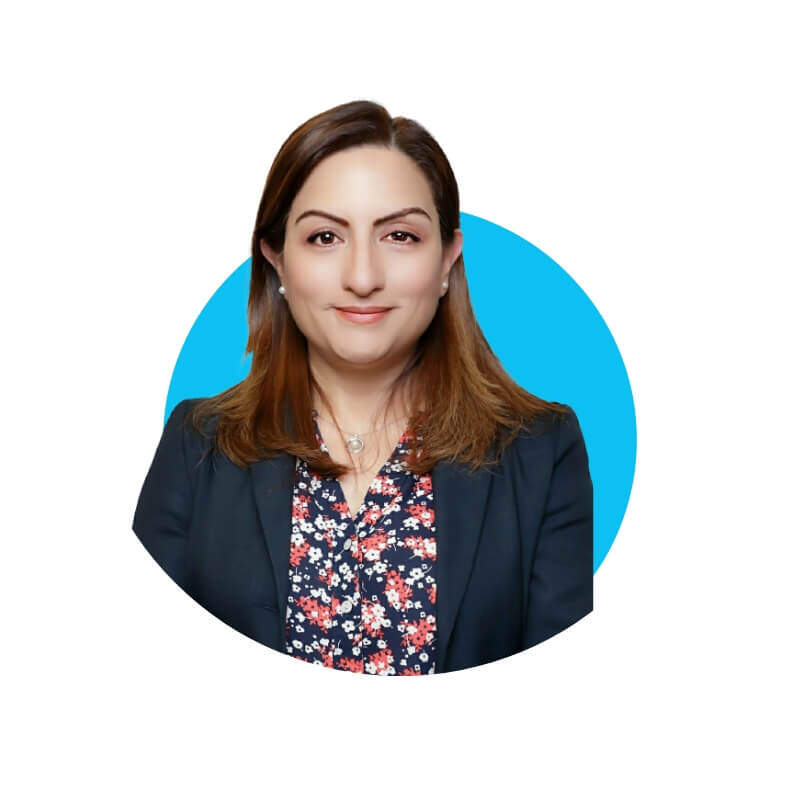Polymyositis Treatment in Dubai
Overview
Polymyositis (PM) is a chronic connective tissue disorder that causes inflammation and muscle weakening in the shoulders, upper arms, pelvis, and thighs. PM is an autoimmune condition that is classified under inflammatory myopathies.
The condition is more prevalent in women than in men and typically develops between the ages of 50 and 70; however, it can affect people of any age or gender. Typically, muscle weakness builds slowly over weeks or months, but the inflammation can extend to other body parts, including the heart.
Polymyositis is difficult to diagnose since symptoms vary from person to person, and it may be mistaken for muscular dystrophy. In many cases, polymyositis is associated with other connective tissue autoimmune illnesses, including scleroderma, systemic lupus erythematosus, rheumatoid arthritis, and Sjogren’s syndrome.
What are the symptoms of polymyositis?
The symptoms of this disorder may develop progressively or unexpectedly and may peak and fade at different times.
The primary symptom of polymyositis is muscle weakness in the hip and shoulder, and can eventually make it hard for patients to raise their arms, get out of a chair, or climb stairs. Other affected muscles include the neck and throat, resulting in swallowing difficulties and raspy voice.
Moreover, patients may experience some of the following symptoms:
- Muscle atrophy
- Fatigue.
- Breathlessness.
- Hands tremors.
- Wide-footed stance and stride.
- Clumsiness.
- Weight loss.
- Red or violet rash patches around the eyes, knuckles, elbows, and knees.
What causes polymyositis?
The leading cause behind most inflammatory myopathies is unknown. Autoimmune conditions occur when the body’s immune system attacks its muscles, causing muscle tissue to be damaged. In PM, muscle fibers are attacked directly by immune system inflammatory cells.
PM is not a genetic condition; however, genetic variables may increase or decrease the likelihood of an inflammatory myopathy developing at any stage of the patient’s life.
How is polymyositis diagnosed?
Polymyositis is often misdiagnosed as muscular dystrophy; therefore, our expert rheumatologist at Novomed uses advanced diagnostic techniques and a series of tests to provide an accurate diagnoses and exclude disorders with similar symptoms.
- Physical exam and blood testing: Polymyositis patients frequently have excessively high levels of muscle enzymes.
- Medical history: People with other connective tissue illnesses, such as scleroderma have a higher risk of developing polymyositis.
- Electromyography (EMG): Checks the patterns of electrical impulses and activity of muscles.
- Muscle biopsy: Surgical procedure performed to take a muscle sample and detect inflamed tissue.
How is polymyositis treated?
Your doctor may prescribe substantial dosages of corticosteroids to suppress immune system activity and reduce inflammation, in addition to some Immunosuppressive medications. Moreover, You’ll undergo an ongoing monitoring process that includes blood testing to make medication adjustments as needed.
Plasmapheresis is also an effective polymyositis treatment! Your doctor will draw a blood sample to separate blood cells from the plasma and remove any antibodies responsible for damaging muscle tissue before reinjecting the patient with the restored blood cells.
Immunoglobulin therapy (IVIG) has been shown to provide positive results for severe cases. It includes intravenous injecting of a unique protein extracted from the plasma of blood donors to destroy binding to particular antigens, such as bacteria or viruses.
Patients are advised to follow a high-protein diet to replace protein loss due to muscle atrophy. Following steroid medication, frequent exercise is also necessary to prevent weight gain and reduce muscle inactivity.
How to manage polymyositis?
Physical therapy and exercise have been proven to help manage PM symptoms, as such exercises may assist in rehabilitating weak muscles. In addition, low-impact to medium-impact exercise under the supervision of a physician may enhance your ability to perform everyday tasks, boost your core strength, improve your walking pace, and reduce muscular inflammation.
Book your appointment at Novomed today!
Novomed has the best rheumatologists in the UAE to diagnose and treat various autoimmune system disorders. Our specialists are pioneers in their field and have years of expertise treating complex inflammatory illnesses; they collaborate with leading consultants from other fields to ensure that you receive extensive, individualized treatment!
To book a consultation with our Expert rheumatologist in Dubai or for further information, call us toll-free at 800 (NOVO) 6686 , fill out the booking form or click the live chat icon at the bottom of the screen.

